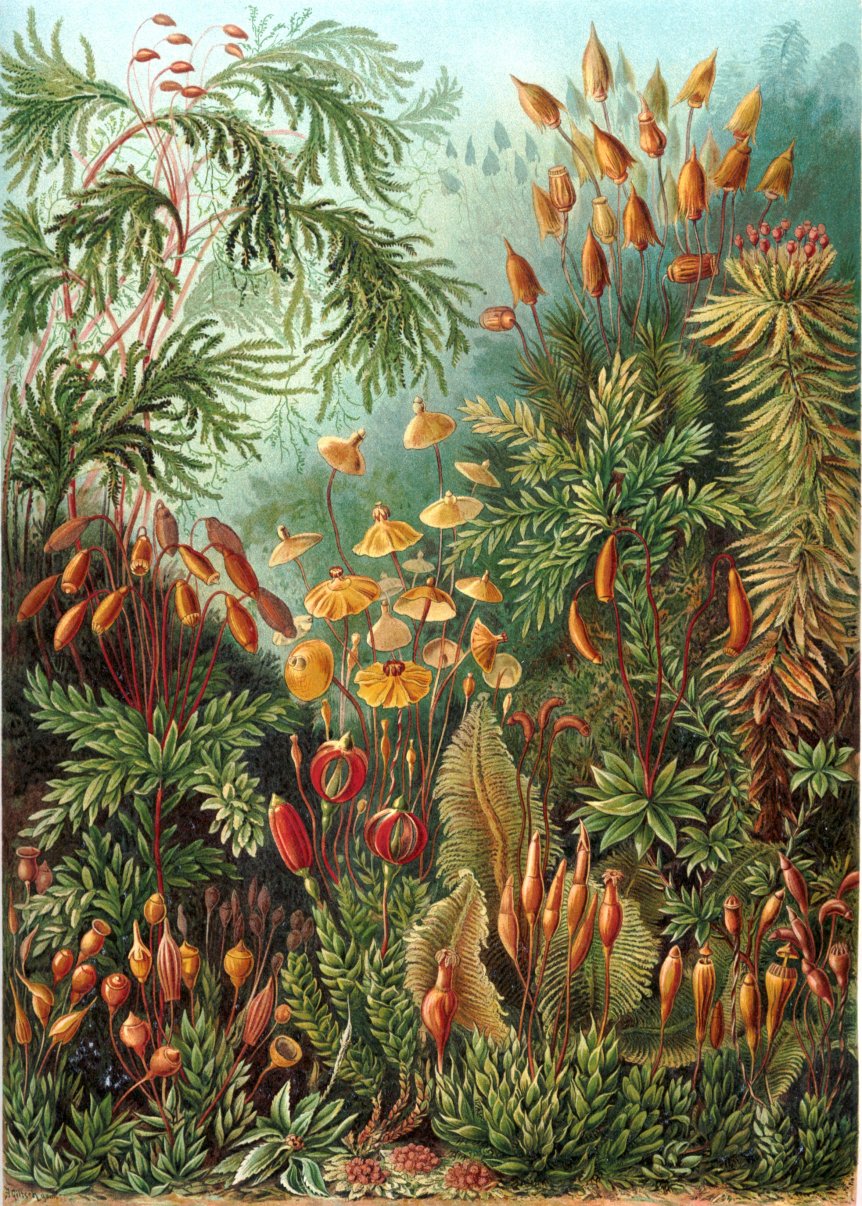
Some readers have asked why the Glassmakers left the city — and too many are asking for it to be a coincidence.
I thought I’d explained, but I just checked and I’d cut a passage from an earlier version of the novel because I thought it repeated something said elsewhere. Apparently I erred. I’m embarrassed and apologetic.
This was cut from Chapter 7 in a section by Stevland, talking about the Glassmakers:
“We have also learned why they left, according to their oral tradition. Their colony was failing, and because their genus is nomadic like moths or certain large crabs, they decided to return to the old ways in hopes that it would prove more helpful, but nomadic life did not increase survival since the problem was malnutrition and illness. Females were especially vulnerable, perhaps due to the strain of childbirth, and the orphans grew ungovernable. Finally, after many decades of unceasing decline and in desperation, they decided to return to the city, only to find it occupied.
“I am sorry I was unable to provide better care when they lived here earlier. I will do so now, and I have learned what I must do to keep them in the city.”
Out of curiosity were you inspired by the book Sapiens? I’m listening to an audiobook now and one part about monogamy and polygamy on how there would be communes where people did tend to sleep around but still had cells that would cause jealousy and whatnot reminded me quite a bit of the pet tamer portion of your book (which was done quite well I might add). What really struck me and caused me to laugh quite a bit was when in Sapiens the author wrote,”unlike eagles, humans can choose when and where to ignite a flame”
LikeLike
Hello Kai,
Thank you for your kind words about “Semiosis.” I finished writing it before “Sapiens” was published, but the general idea of what human sexuality is like — it’s quite unlike other species — was on my mind. That quote is pretty funny, no pun intended. We humans can make a lot of choices, some good, some bad, and some surprising.
Thanks again,
Sue
LikeLike
Oh, I always that Stevland had ulterior motives that were never fully revealed, leaving Stevland as a bit of an ethical mystery still to us humans. So of course now we have to ask why did the glassmakers decide to ‘evolve’ away from their nomadic ways toward urbanization on Pax?
PS – Thanks for the superb book. I love the perspective of featuring women leaders. I’ve told everyone I know to read it.
LikeLike
Hello Kelly,
Thank you — for the kind words to me and to others. Yes, Stevland still has his own outlook, and it’s not quite human. As for the Glassmakers, to know why they did what they did, we’d have to know more about their home planet, and I still don’t even know where it is.
Thank you again,
Sue
LikeLike